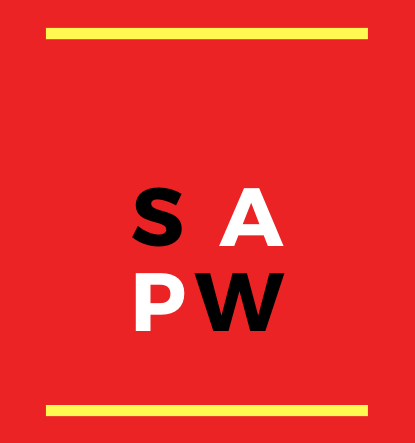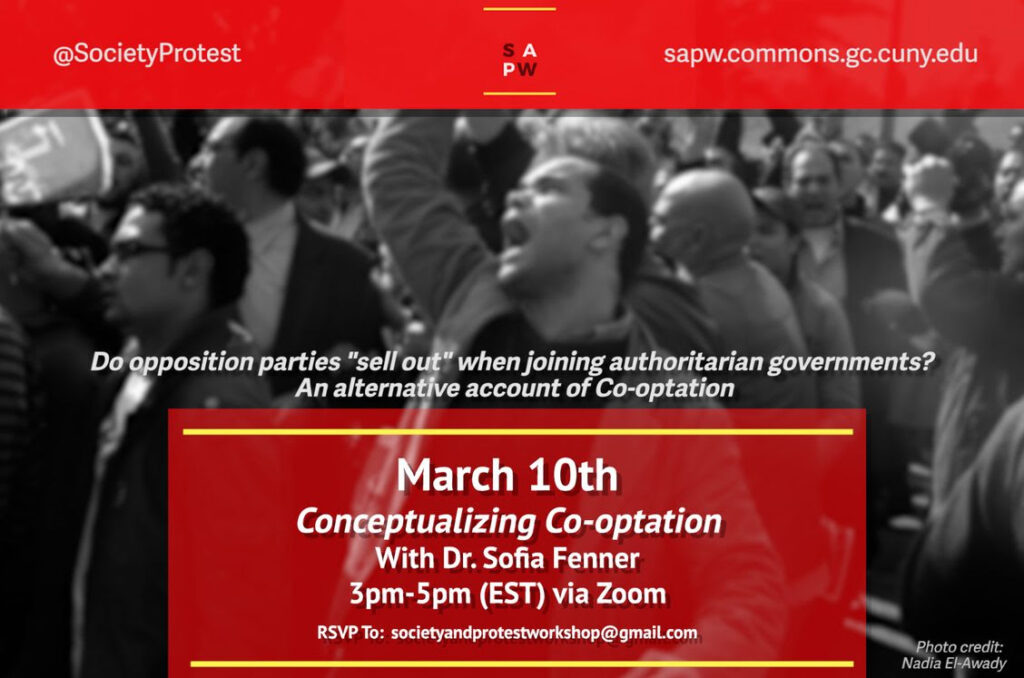Join us Thursday, March 24, at 3:00 pm for a panel discussion on 501(c)(3) and (c)(4) organizations.
Many grassroots organizing groups have set up 501 (c)(4) social welfare organizations to complement their 501(c)(3) charitable work. Setting up a (c)(4) organization allows groups to engage in the political process and to endorse candidates and, possibly, to enhance their ability to move politicians to support their group’s goals. Yet forming a (c)(4) may also entail new organizational demands and complexities, and electoral work may differ significantly from a group’s previous modes of organizing and advocacy. What are the advantages and drawbacks of doing (c)(4) work? Does it change a group’s social change goals? How do both these forms limit what you can do?
Panelists
Margaret Post, Research Assistant Professor, Clark University
Jawanza Williams, Director of Organizing, VOCAL-NY
Gara LaMarche, Senior Fellow, Colin Powell School for Civic and Global Leadership at City College of New York, CUNY
Moderator
John Krinsky, Professor, City College/Graduate Center, CUNY
Link to register
https://gc-cuny-edu.zoom.us/meeting/register/tZMpce-pqTMtHtGbKlSCeZQLRY59KfX5bGf2
After registering, you will receive a confirmation email containing information about joining the meeting.



